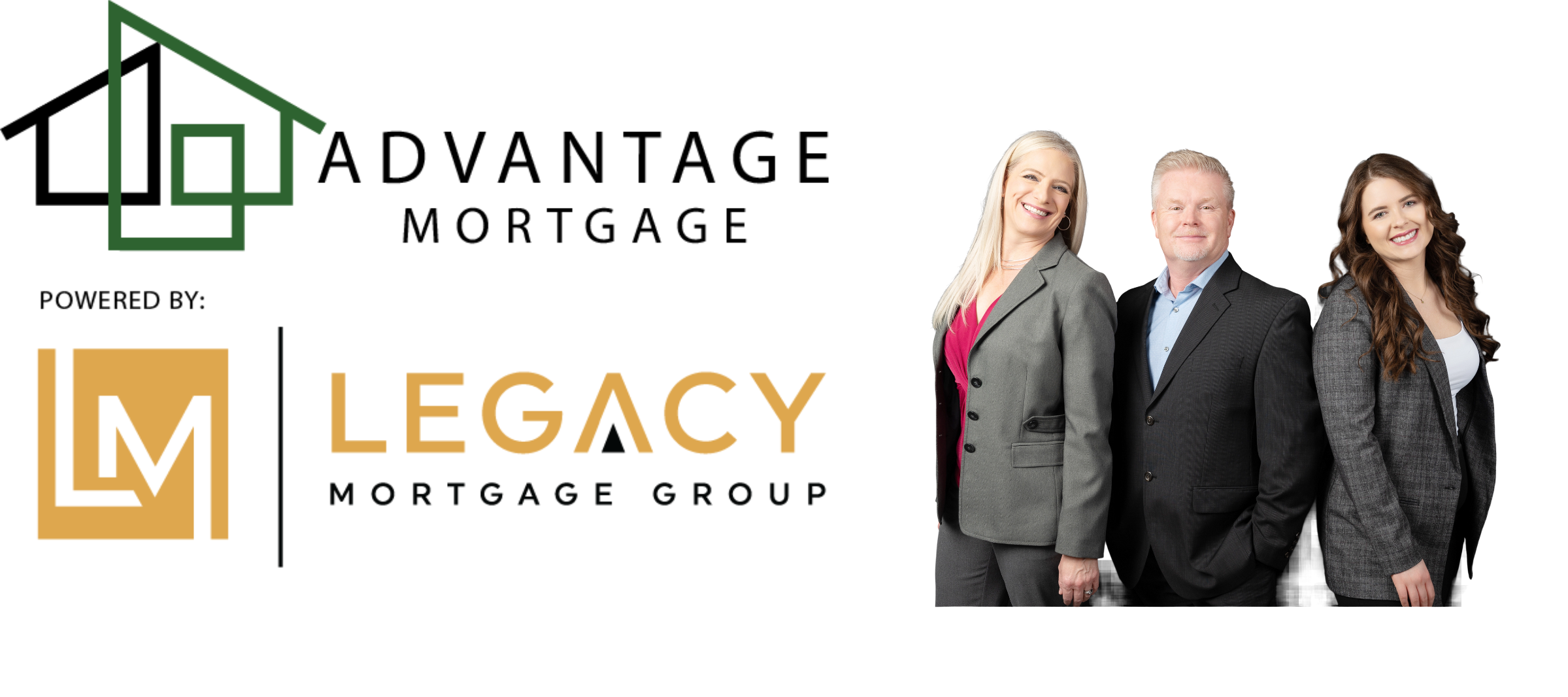The Canadian government has instituted stricter mortgage guidelines that went into effect in 2018. Unfortunately, these are causing a lot of confusion. What has changed and what has not changed? Here are some common questions:
Are there advantages to going to private lenders over government lenders?
Can multiple mortgage lenders in Edmonton handle special circumstances?
Is the 5% down payment for a mortgage still available?

New 2018 Canadian Mortgage Rules
Something has changed. The Canadian government keeps detailed statistics on mortgage and global capital markets. You might have noticed that along with the 2018 Canadian mortgage rule changes, the stock markets have fallen. Did the Canadian government know that interest rates were going to creep higher?
If we begin to read between the lines we can see the correlation, if not causation. The Canadian government warned the citizens of higher interest rates and they went higher. Of course, with higher interest rates, it will be more difficult to qualify for a mortgage.
Experts believe that the purchasing power of the Canadian family might be reduced by anywhere between 15% and 25% due to the new mortgage rules. More applicants will be declined or forced to increase their down payment to qualify. Canadian home affordability may suffer due to the tighter mortgage rules instituted in 2018.
Common Misconceptions
Higher interest rates mean that risk is higher. The new mortgage rules in Canada are couched in very “squishy” language because the politicians are trying to hide bad news.
That is why so many are confused.
Down Payments
Have down payments changed under the new mortgage rules? Can people still qualify for a mortgage with less than 20% down payment? What will an Edmonton mortgage broker expect for a down payment in different circumstances?
We will try to explain the new mortgage rules with 4 down payment scenarios: 5%, 10%, 20% and Special Circumstances. It is important to understand that the Conventional Mortgage (also known as Traditional or Uninsured Mortgage) requires a 20% down payment. Insured Mortgages are less than 20% down payment (these require you to purchase mortgage insurance).
5% Down Payment
Previously, Canadians had enjoyed plenty of down payment flexibility. Generally, those with the best credit rating or highest income could qualify for a 5% down payment. Here are the most common situations where you only have to make a 5% down payment:
- First Time Home Buyer
- New to Canada
- Four Season Vacation Home
- Second Home
- Purchase Plus Improvements
- Construction Build
The government wants to encourage home ownership, so First Home Buyer Programs are still available. There are also New to Canada Programs that permit a low 5% down payment for those with 2 Credit Sources for the previous 12 months or a strong Credit Rating (these can be gifted).
If you have all season access to your vacation home (Type A Property), then you might qualify for the 5% down payment. An owner-occupied second family home (child or parent) can also qualify. An owner-occupied property with improvements made to it can also qualify for the 5% down payment. Construction builds must show progress to qualify.
10% Down Payment
If you do not have some of the criteria to qualify at 5%, you still might be able to qualify for a 10% down payment. Here are the most common 10% down payment loans:
- Stated Income
- Three Season Vacation Home
- New to Canada
You must have 2 years Stated Income history to qualify for the 10% down payment. A three season vacation home (Type B Property) can also qualify.
If you are New to Canada but do not have the requisite 2 years of Income History, then you need to make a 10% down payment (5% must be from your own funds.) Your documentation can include a Bank Reference Letter or 6 Months Bank Statements.
20% Down Payment
The Conventional Mortgage requires a 20% down payment. You don’t need to buy mortgage insurance with these because they are deemed to be less risky. Here are the most common 20% down payment categories:
- Conventional Mortgage
- Rental Properties
- Self Employed
- Stated Income
- Low Credit Score
Self Employed Clients and Stated Income Clients with less than 2 years of Income History are considered to be riskier. If you do not meet the Minimum Equifax Beacon Requirements, then you must pay the full 20% down payment.
Special Circumstances
With access to multiple mortgage lenders in Edmonton, we can handle special circumstances. Here are a few:
- Newly Deposited Foreign Funds
- Economic Sanctions
- Flex Down
- Gifted Funds
Canadian mortgages do not allow funds from certain countries due to economic sanctions. Plus, before funds can be included as Qualifying Mortgage Income, they must have been in a Canadian Bank Account for a certain period of time (this varies from Proof of Deposit to 90 days).
Even after the mortgage rule changes, some lenders will still allow Borrowed Down Payments (also known as Flex Down). You can also qualify with Gifted Funds from Immediate Family Members.
Down Payment Rules Vary by Lender
The aforementioned is meant to be a rough guideline. Each Edmonton mortgage broker has the freedom to establish his own down payment rules based on risk assessment. You can call us and see what is available.
We, at Advanced Mortgage, have access to multiple mortgage lenders in Edmonton. You might find one specializing in your exact circumstances. Private lenders have the expertise to handle special mortgages.
Advantage Mortgage brokers can consider both the applicant and the property. This increases your odds of qualifying. We take a comprehensive view of property loans.
The new mortgage qualification rules are bad news, requiring more people to “bite the bullet.”
Under the new rules, you might need to make a larger down payment for a mortgage. You might also need to purchase mortgage insurance to qualify. Thankfully, there is good news too.
The good news is that there are still 5% and 10% down payment loans. It is just more difficult to qualify for them. Canadians have benefited from historically low-interest rates for a long time and have very low delinquency rates.
Our Advantage Mortgage brokers have more leeway than government lenders. Our flexibility allows us to find a better fitting mortgage for you.
So, give us a call – we want to provide you with answers to all of your most pressing questions. We can explain any of the new Canadian mortgage rules that still confuse you.
